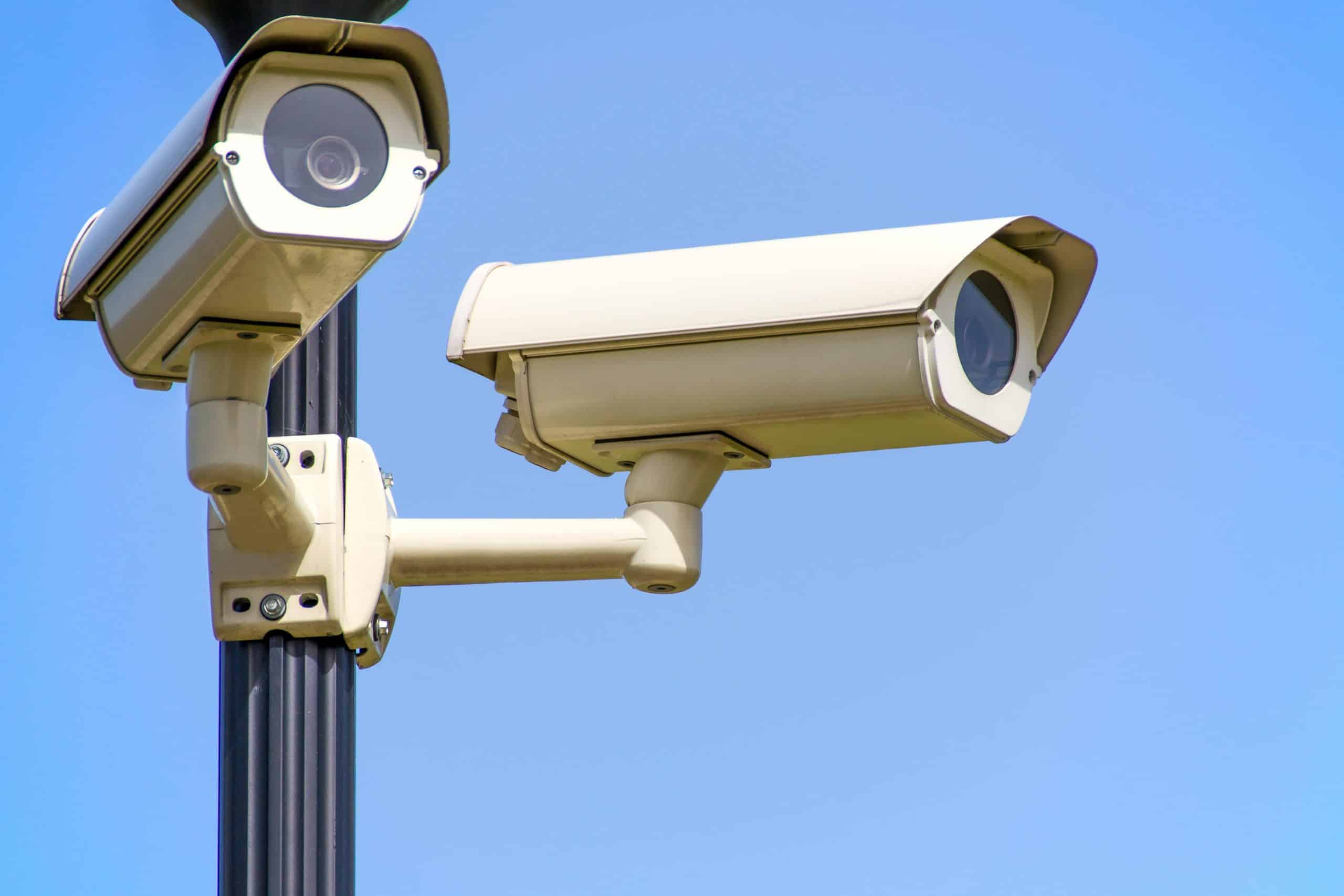In an era where digital technology permeates every facet of our lives, we need to ask ourselves – how do we navigate the landscape of artificial intelligence as it relates to surveillance and security? On one hand, we have the potential for enhanced protection against security threats. On the other, the specter of encroachment on our personal privacy and human rights looms large. So, what is the balance and how can we ensure ethical use of this rapidly advancing technology?
The Rise of Artificial Intelligence in Surveillance Systems
The integration of artificial intelligence into surveillance systems is no longer a figment of science fiction. It’s a rapidly evolving reality that’s transforming the landscape of security and surveillance.
Sujet a lire : How Are Microbial Fuel Cells Being Used to Generate Sustainable Energy?
To put it simply, AI-enhanced surveillance systems are designed to improve the accuracy and efficiency of security operations. As an advanced form of technology, AI uses machine learning to process vast amounts of data quickly, enabling it to recognize patterns, anticipate potential threats, and even make predictions.
These systems can sift through hours of footage or data in a fraction of the time it would take a human operator, identifying anomalies with a high level of accuracy. This can greatly improve the chance of timely intervention in the event of a security breach, thereby potentially saving lives and resources.
Lire également : What Is the Role of Technology in Streamlining and Enhancing the Creative Process in Art and Design?
However, while the benefits are clear, concerns around the ethical use of this technology are growing.
Ethical Concerns Over AI Surveillance
The use of artificial intelligence in surveillance raises significant ethical questions, especially around privacy and human rights. The line between surveillance for security purposes and unwarranted intrusion into personal privacy can be blurred.
The ability of AI to gather and analyze vast amounts of data might lead to intrusive monitoring of personal activities, infringing on the right to privacy. Furthermore, the potential for misuse is vast. For instance, government agencies or corporations could exploit these technologies for unethical purposes such as mass surveillance or profiling.
Additionally, AI systems, like any technology, are not infallible. They can make mistakes, and in the realm of surveillance and security, the consequences of these errors can be severe. A misidentification could lead to an innocent person being wrongly accused or targeted.
Balancing The Scale: Privacy vs Security
Striking the right balance between individual privacy rights and collective security is a crucial aspect of the ethics debate in AI surveillance. It’s important to recognize that while security is paramount, it should not come at the cost of personal privacy.
Regulation is one way to ensure that the use of AI in surveillance doesn’t infringe on individual rights. Strict laws and guidelines on what data can be collected, how it should be used and stored, and who can access it, can help alleviate concerns around privacy.
Transparency is another key element. The processes and algorithms used in AI surveillance should be transparent and explainable, enabling individuals to understand how their data is being used and for what purpose.
The Role of Ethics in AI Learning and Development
Ensuring ethical use of AI surveillance technologies goes beyond regulating their application. It also involves embedding ethical considerations into the design and development of these systems.
This means incorporating principles of fairness, accountability, and transparency right from the initial stages of AI development. It’s about ensuring that these systems respect human rights, are free from bias, and are accountable for their actions.
AI developers should also consider the potential societal implications of their technologies. This includes considering how the technology might be misused and taking steps to mitigate such risks.
Harnessing AI Potential Responsibly
As AI technologies continue to evolve and become increasingly integrated into our lives, it’s crucial that we tackle these ethical concerns head-on. We need to have open, informed dialogues about the potential implications of AI surveillance, and work towards creating a framework that ensures the responsible and ethical use of this technology.
In the end, it’s about harnessing the potential of AI for surveillance and security in a manner that respects and protects individual rights and freedoms. As the rapid pace of technological advancement continues, it’s more important than ever to ensure that these considerations are at the forefront of the conversation.
The Intersection of AI and Human Rights in Surveillance
As we delve deeper into the realm of AI-enhanced surveillance, a critical discussion around human rights and ethical considerations becomes increasingly important. Artificial intelligence, particularly when coupled with advancements in big data and machine learning, has the potential to redefine our understanding of privacy rights.
One of the primary concerns around AI surveillance technology is the potential for widespread misuse. In the wrong hands, these systems could be used by intelligence agencies, corporations, or even governments for invasive mass surveillance, violating individuals’ right to privacy. Another troubling aspect is the use of facial recognition technology, a component of many AI surveillance systems, which poses considerable risks in terms of misidentification and potential bias in decision making.
Moreover, the power of AI to collect and analyze enormous amounts of data — much more than any human could — presents another ethical concern. This capability, while beneficial for security and public health applications, could result in an unwarranted intrusion into personal lives, making it a tool for surveillance beyond reasonable and ethical limits.
From a human rights standpoint, the misuse of AI surveillance systems could potentially lead to discrimination, social profiling, and other infringements of human rights. There is an urgent need for robust ethical surveillance standards to ensure the fair and responsible use of AI in this context.
Conclusion: Towards a Future of Ethical AI Surveillance
While the benefits of artificial intelligence in enhancing surveillance and security systems are clear, the ethical implications of its use warrant serious consideration. The challenge lies in harnessing the potential of AI for the greater good without infringing on privacy rights and human dignity.
This calls for a multidimensional approach that goes beyond just regulation. Embedding ethical considerations into the design, development, and deployment of AI systems is vital. This includes ensuring transparency in decision-making processes, accountability for actions taken by AI systems, and inclusivity in their design to avoid bias.
Moreover, the conversation around AI and surveillance shouldn’t be limited to policymakers and technology developers alone. It’s a discussion that needs to be inclusive, involving the public, human rights bodies, ethics committees, and other stakeholders. It’s essential to create a shared understanding of the potential risks and benefits of AI surveillance, and work collaboratively towards solutions.
In the end, the goal should be to create a future where AI surveillance technology is used responsibly and ethically. A future where security and privacy are not at odds with each other, but instead, work in harmony for the benefit of society.






